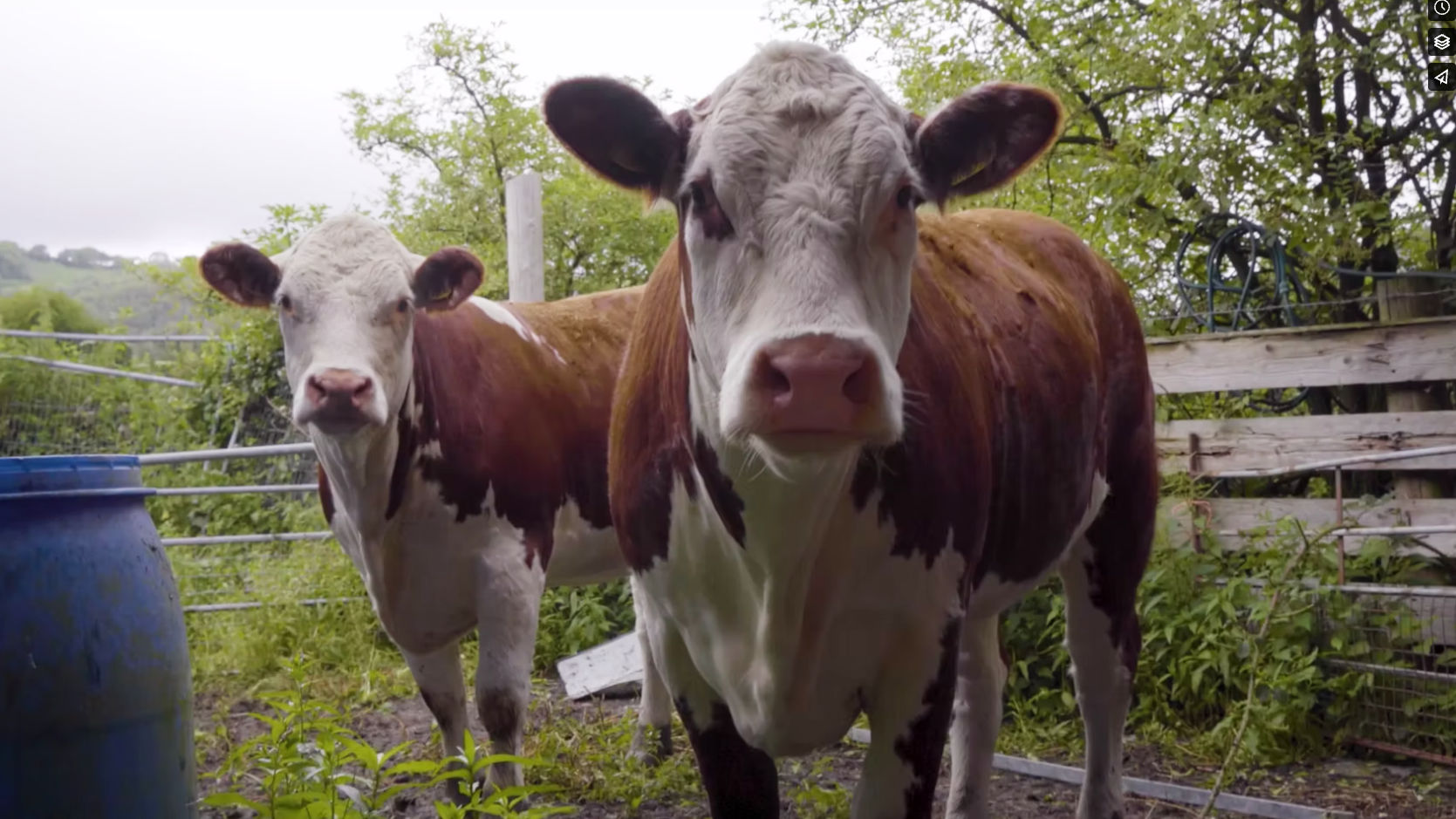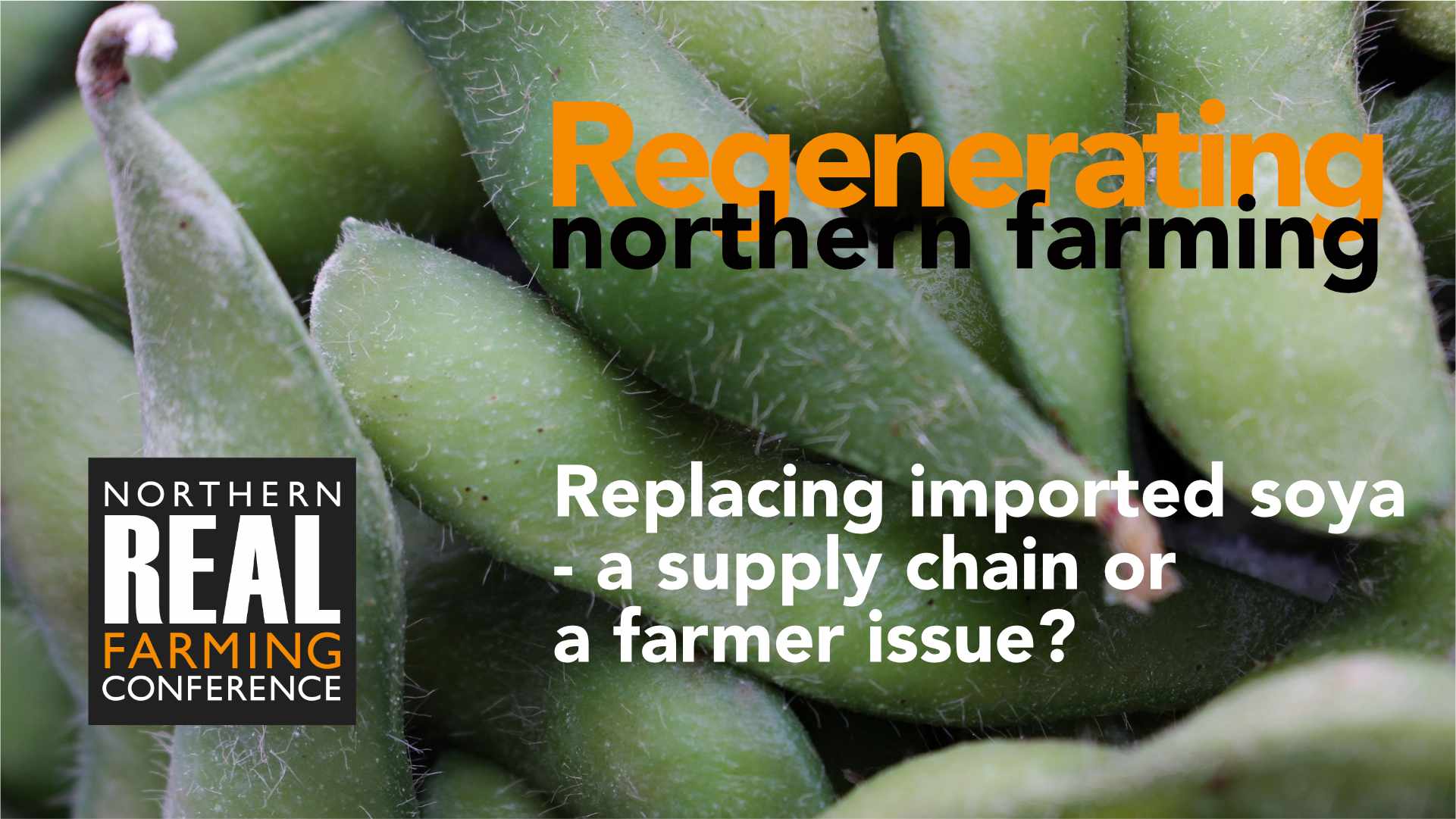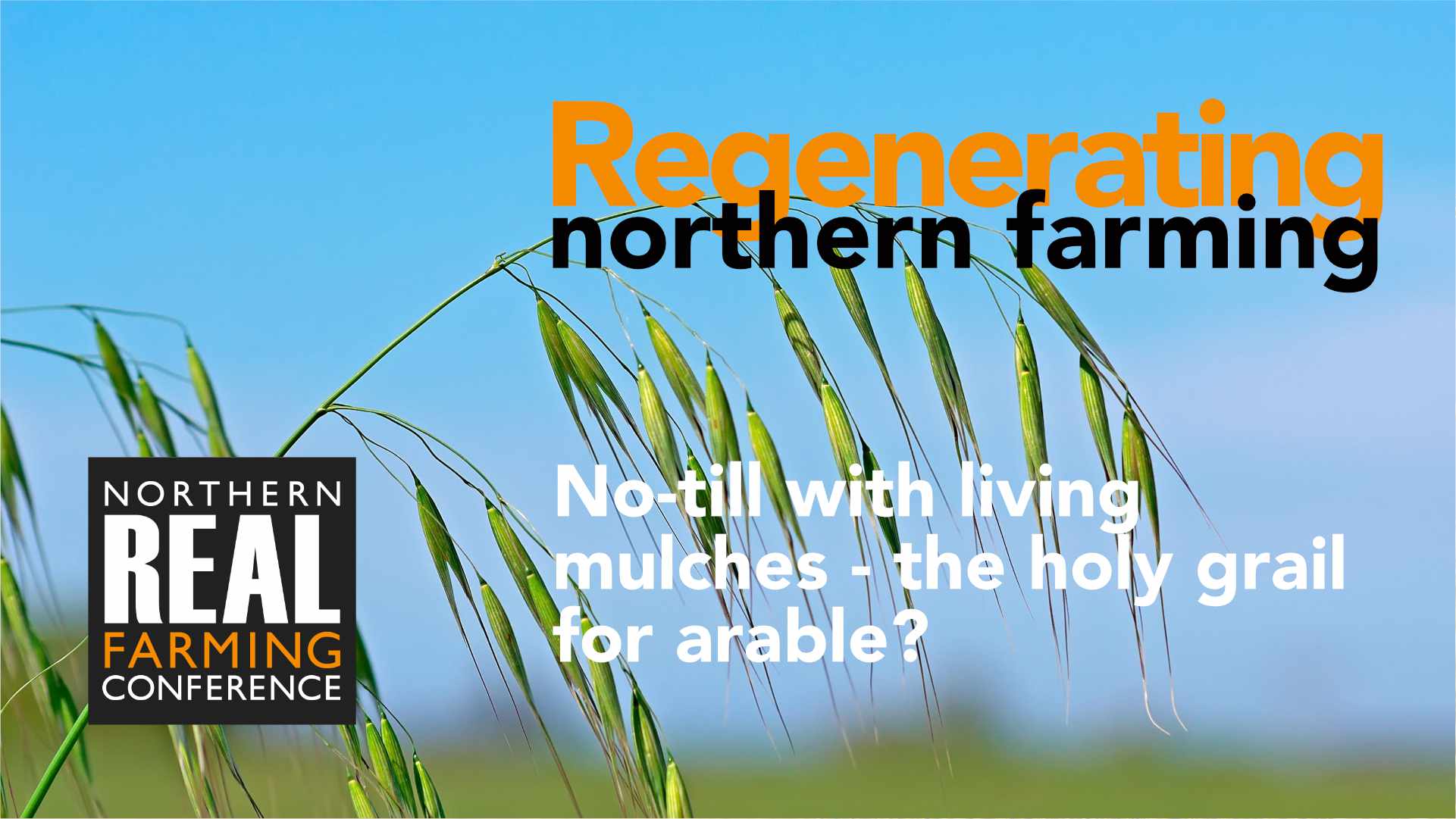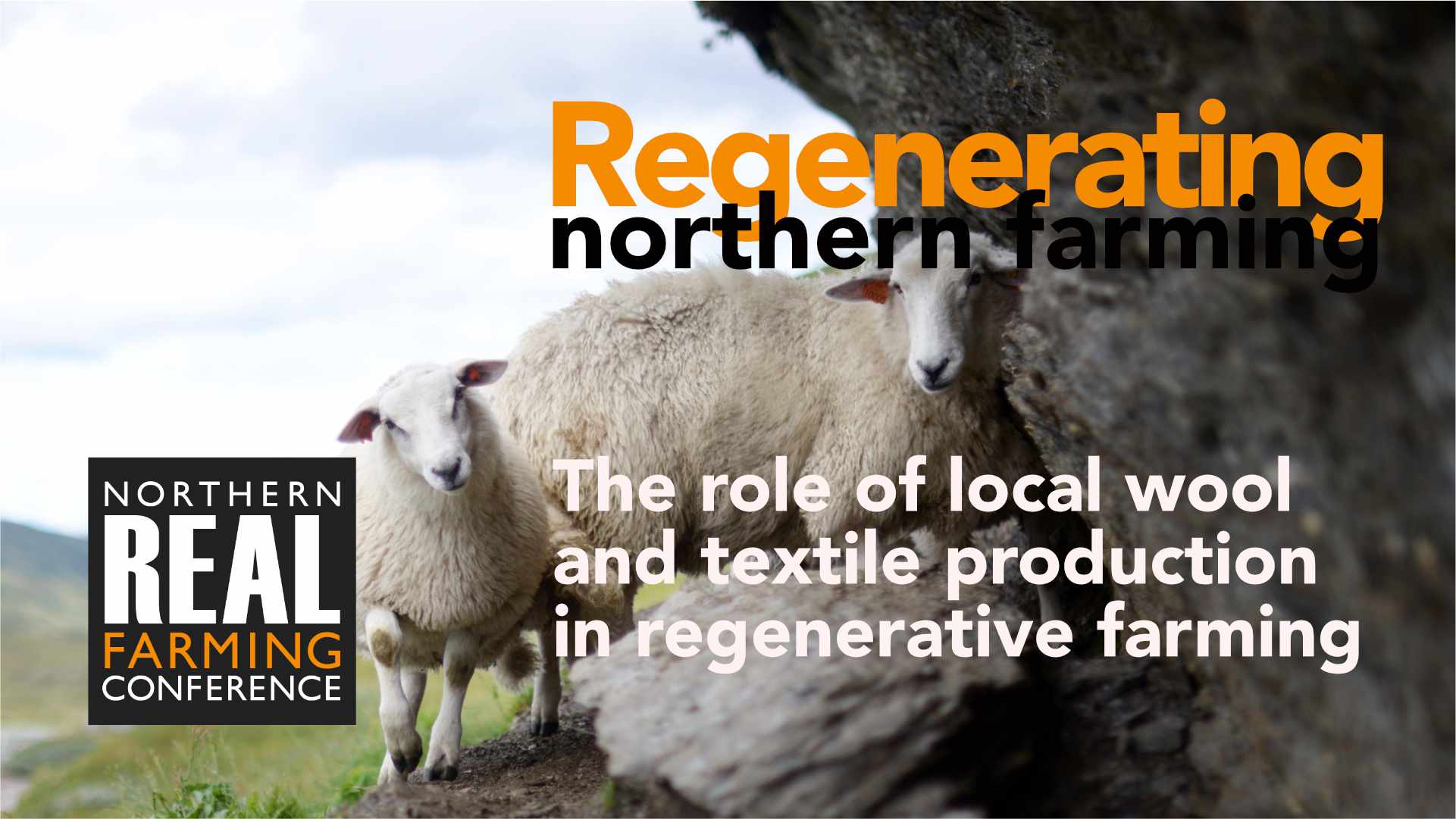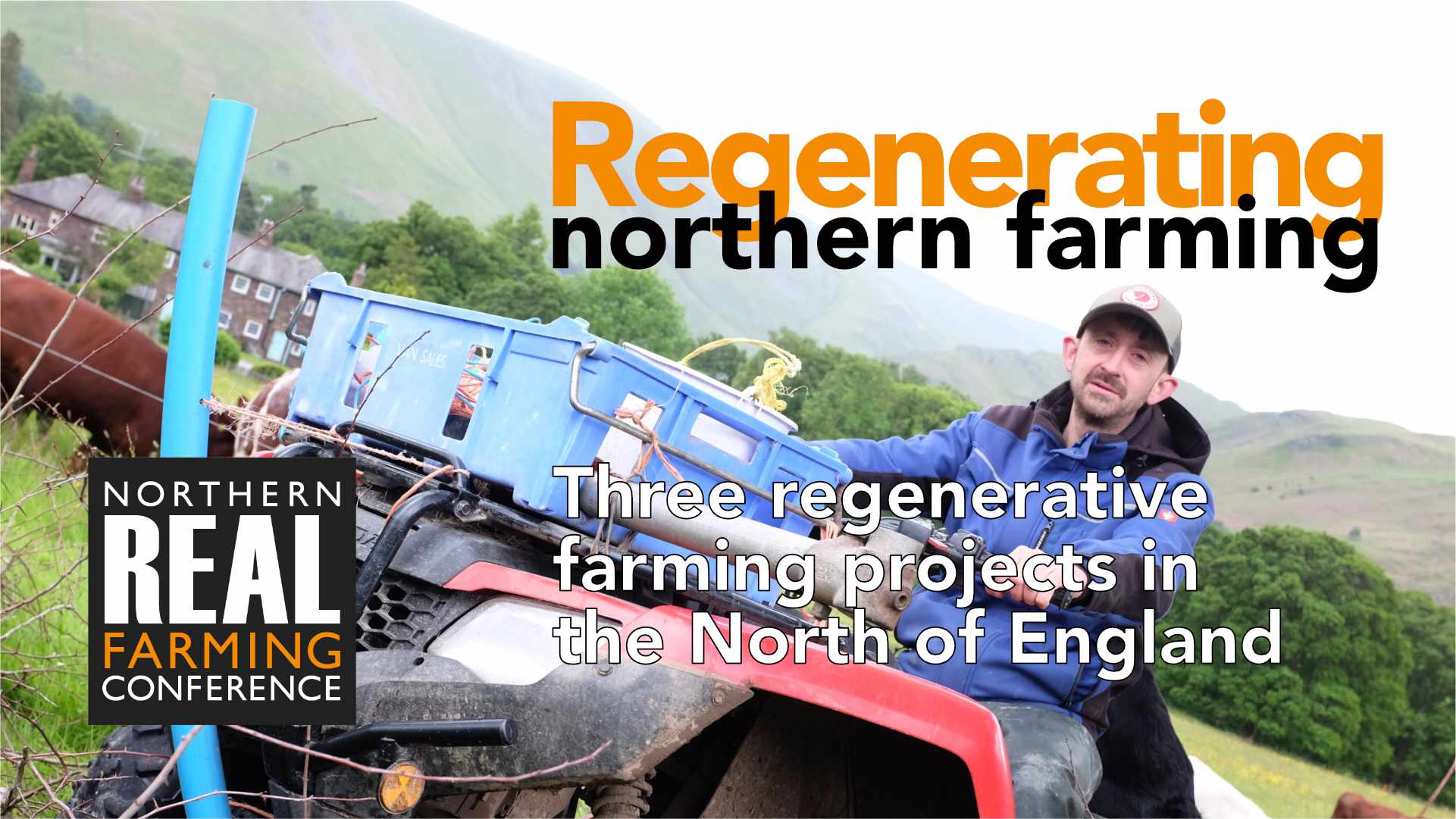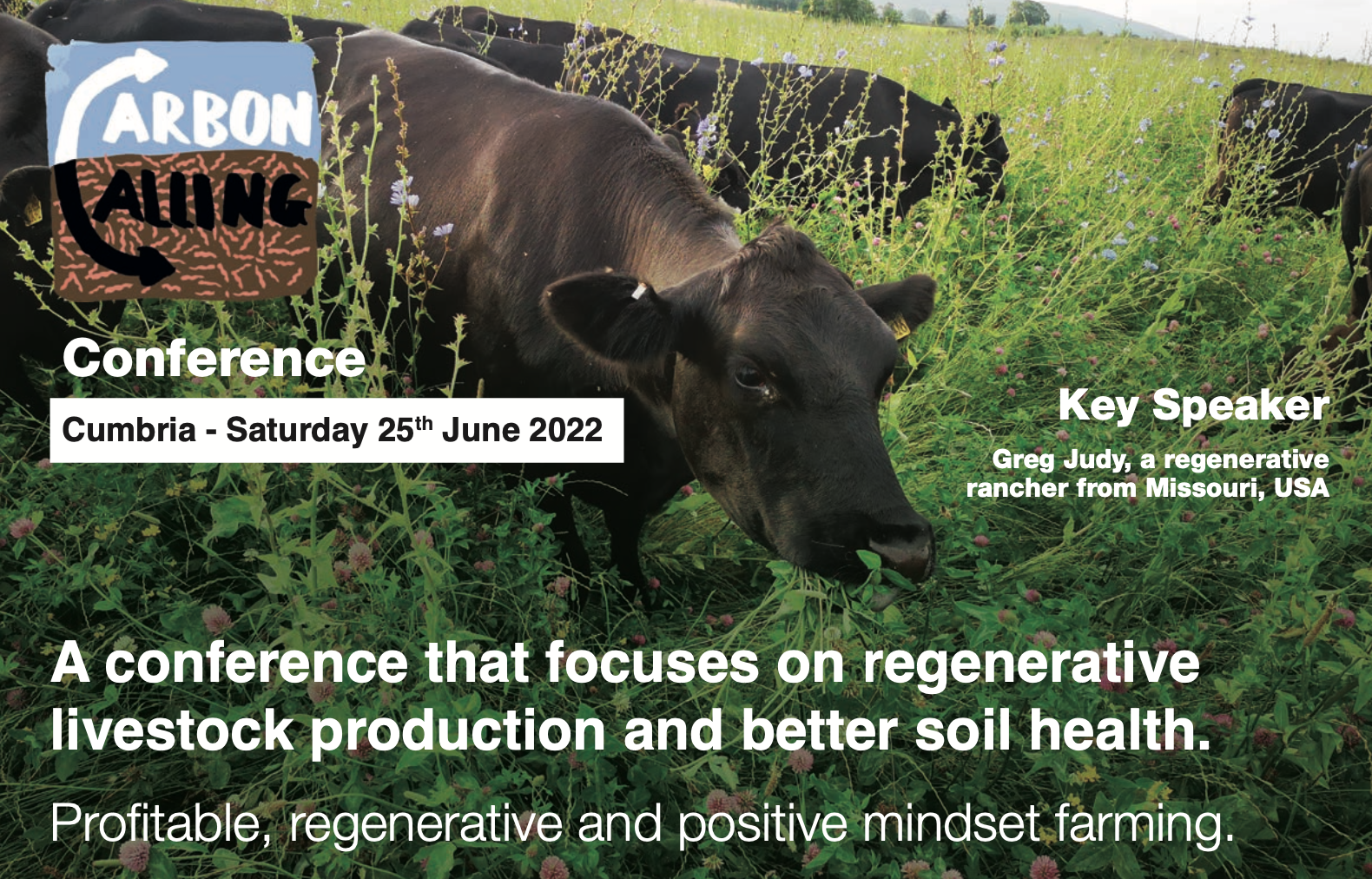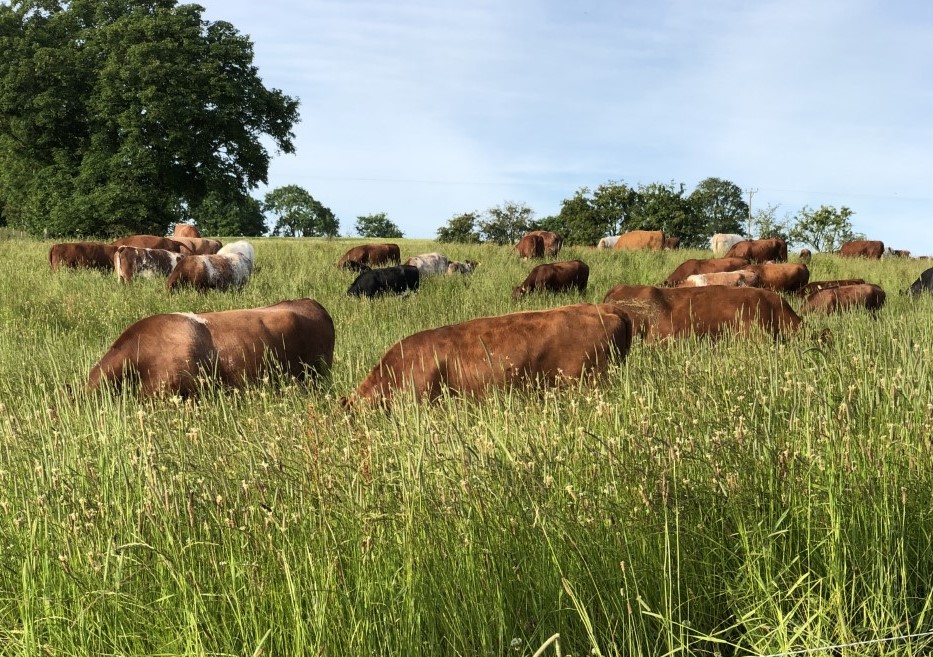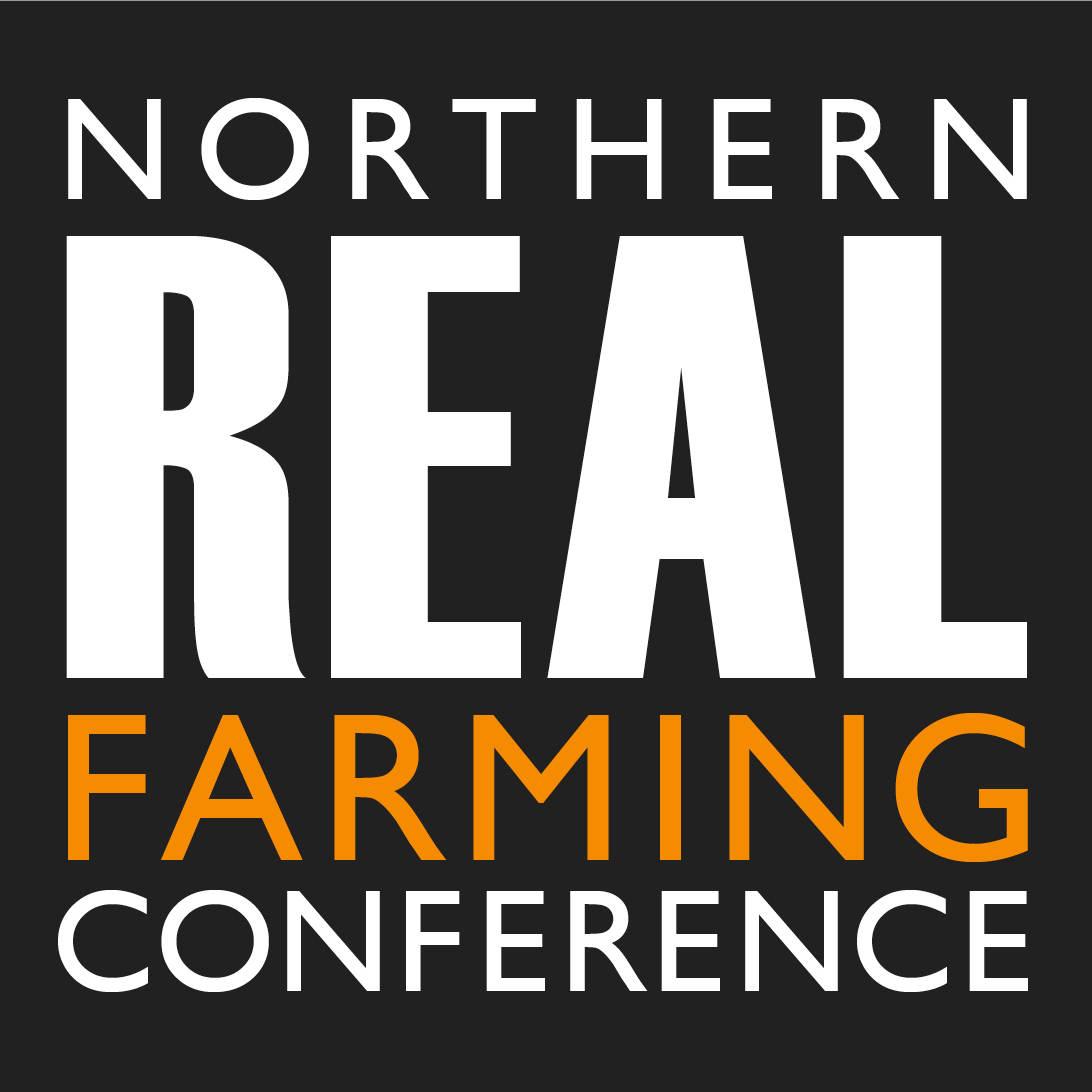This film was screened as part of one of our webinar sessions in 2020. It highlights the need and role of local abattoirs and processing.
Links and campaigns
Sustainable Food Trust’s campaign for local abattoirs:
https://sustainablefoodtrust.org/our-work/local-abattoirs/
Abattoir Sector Group: https://abattoirsectorgroup.org
All party group on animal welfare report: https://apgaw.org/2020/06/07/apgaw-publishes-report-on-small-abattoirs/
Sustain report on needed infrastructure in East Lancashire and Sussex: https://www.sustainweb.org/publications/mar22-a-tale-of-two-counties/
Alexandra Genova is an independent journalist and filmmaker with more than seven years experience based in London and New York, working for platforms including Al Jazeera, National Geographic, TIME, New York Times, and the Guardian. She has a particular interest in social justice, agriculture and indigenous peoples and is working on a series of short films that explore issues relating to the UK’s farming industry, as well as producing a feature documentary about the Mursi, an agro-pastoralist tribe in southern Ethiopia. You can see more of her work here: www.alexandragenova.co.uk

